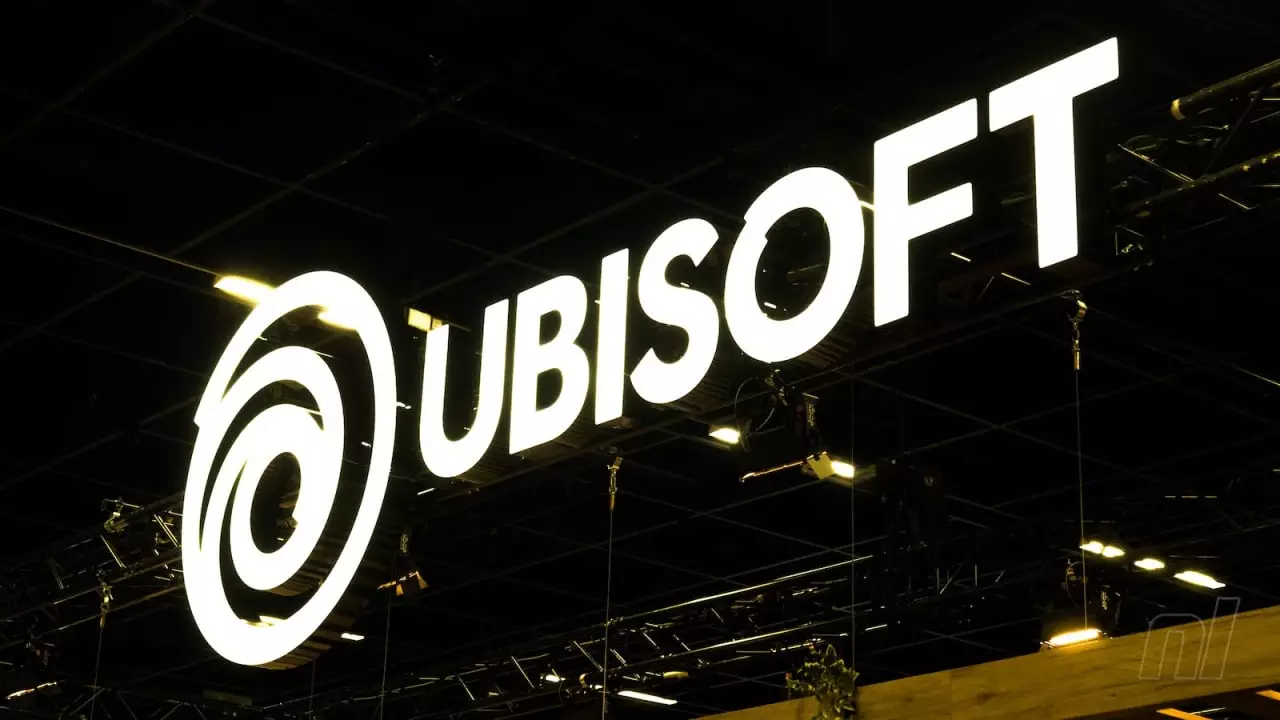This week, the gaming industry buzzes with excitement, particularly surrounding Ubisoft and its ambitious plans for the future. The company has made headlines with its announcement of a new dedicated subsidiary, aimed at reinvigorating some of its most iconic franchises: Assassin’s Creed, Far Cry, and Tom Clancy’s Rainbow Six series. This pivotal move is supported by a significant investment from Tencent, the Chinese gaming giant that is now set to obtain a 25% minority stake valued at approximately €1.16 billion. This investment isn’t merely financial; it’s a strategic realignment designed to create sustainable gaming ecosystems that are “truly evergreen and multiplatform.”
The significance of Tencent’s involvement cannot be understated. In a landscape where gaming is shifting towards continuous, immersive experiences, having a powerhouse like Tencent backing the initiative speaks volumes about the ambitions and scope of the new subsidiary. Ubisoft aims to leverage this partnership to not only enhance narrative-driven solo experiences but also to evolve its multiplayer offerings, provide free-to-play entry points, and enrich social features. These elements are crucial for engaging today’s players, who increasingly look for games that extend beyond the traditional narrative confines, bridging social interaction with gameplay.
Strategic Shifts: A New Operating Model
Ubisoft’s initiative is indicative of a broader strategic shift within the company aimed at resilience and growth. The formal decision to move ahead with Tencent’s investment followed a comprehensive evaluation of various strategic options earlier this year. The board’s choice to pursue this route underscores a commitment to maximizing shareholder value while investing in the future of its most beloved franchises.
Yves Guillemot, the co-founder and CEO of Ubisoft, framed this development as a “foundational step” in redefining the company’s operational model, suggesting that the internal structure will become more agile and innovative. This is not just about financial fortification; it’s about architecting a company capable of adapting to the fast-evolving gaming landscape. The formation of a dedicated subsidiary, equipped with its autonomous leadership, is seen as essential for innovating within these franchises and fostering a culture geared toward prolonged engagement.
The Quest for Evergreen Brand Ecosystems
One of the most compelling aspects of Ubisoft’s new direction is its intention to build “evergreen” ecosystems around its brands. This concept deviates from traditional gaming, focusing instead on continuous content delivery and player engagement. The statement from Ubisoft regarding nurturing iconic franchises points towards a proactive strategy to maintain relevance within a very competitive market. Gamers today are not just consumers of content; they are communities of players demanding ever-evolving experiences, ongoing narratives, and, increasingly, social elements interwoven into gameplay.
As mentioned, Ubisoft isn’t only concentrated on existing brands; there’s an intent to create new intellectual properties powered by cutting-edge technology. This ambition indicates that Ubisoft aims to not only catch up with but also lead the innovation curve, ensuring that it remains relevant in an industry characterized by rapid changes in technology and consumer expectations.
What’s Next? The Future of Gaming with Ubisoft
With rumors circulating about multiple titles in the pipeline for the up-and-coming Switch 2, alongside the recent launch of Assassin’s Creed Shadows, the excitement surrounding Ubisoft is palpable. Each new game not only boosts the company’s portfolio but also reflects on its commitment to harnessing the opportunities presented by next-generation gaming innovations.
Ubisoft’s strategic transformation is not merely a gamble; it’s a calculated approach to fortify its legacy and build future success. This newfound focus can potentially alter the very fabric of how gaming experiences are crafted and consumed. It’s an intriguing moment for gamers and stakeholders alike, as they witness a well-respected publisher reshaping its future vision, potentially setting a new industry standard for how gaming franchises operate in today’s interconnected world.
As Ubisoft embarks on this thrilling new chapter, it will be fascinating to watch how its strategies unfold and whether it can meet the towering expectations it has set for itself and its communities.


Leave a Reply